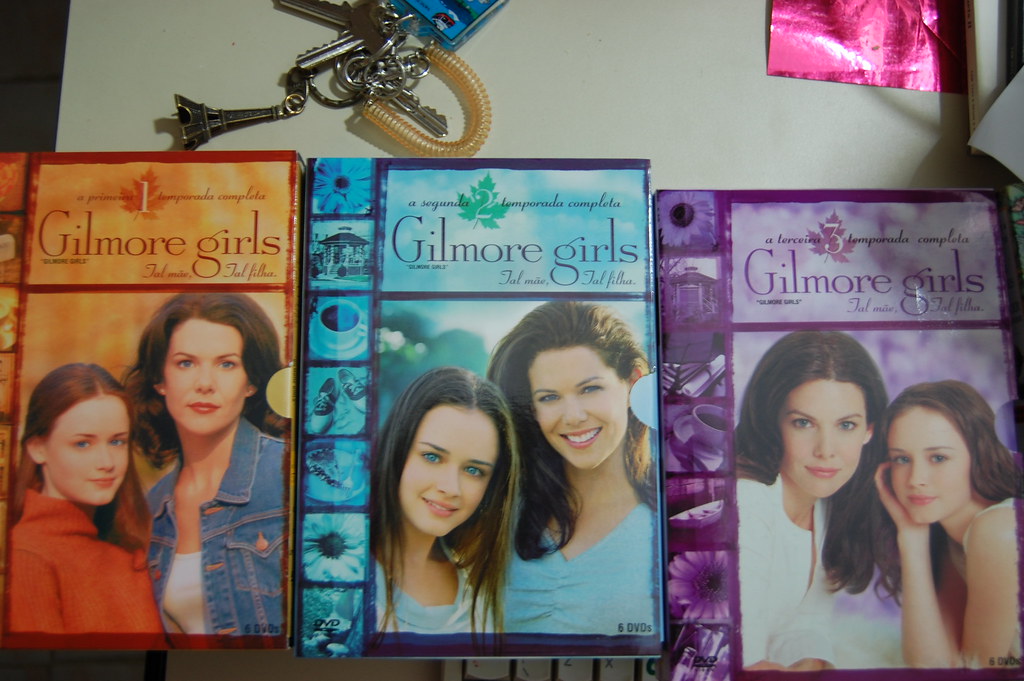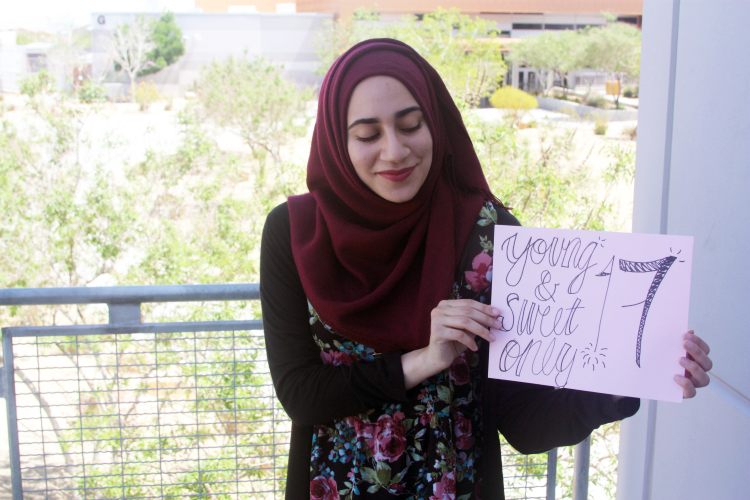
Photo Credit: Summer Thomad
I’ve been picking my brain for over an hour, exploring every corner, nook and cranny for a simple idea, (as much as I possibly can with about three hours of sleep anyway.)
After scrolling and reading through articles and posts in all the usual spots from which I draw inspiration, I stare blankly at the computer screen. It always comes back to a familiar sight: the blank, untitled document with a blinking cursor.
Writer’s block is a disastrous occurrence. There are so many topics, ideas, people and places to write about, and yet absolutely nothing stands out in this sea of possibility. As infuriating as it can be, writer’s block is a regular and inevitable occurrence. It is something that writers must learn to accept, as all have to deal with it at one point or another.
[vision_pullquote style=”1″ align=””] Oftentimes, stepping away from writing is all it takes to break down the barrier that stops ideas from flowing. [/vision_pullquote]However, as a student, writer’s block—a storm cloud that blocks the sunshine of an unhindered thinking process—has a directly affects my grades. Writing, especially in the midst of my junior year, is one of the most important and most frequently practiced skills in almost all of my classes. Therefore, when writer’s block creeps its way in, it handicaps my ability to get work done (or done well, at the least.) There is no worse feeling than when something is holding me back from being productive.
Overcoming writer’s block is an undoubtedly strenuous task—and although writing has always been a big part of my life, if I held the solution to writer’s block, I most likely would not be writing this column at this very moment.
After sitting in front of my computer trying to battle my way through yet another bout with writer’s block, I saw an opportunity. All of the school’s English teachers just so happened to be sitting in a meeting in the classroom directly next to mine. Therefore, I decided to seek some wisdom from more experienced writers.
How do you combat writer’s block?
Mrs. Cynthia Bailin: I write through it. Just keep writing.
Ms. Cathy Sabol: Take a walk. Or a swim.
Mr. Mike Moore: I have a ritual. I usually get up, go exercise, and wait until about five minutes before it’s due and that’s usually when the best ideas come out. Or sometimes I just go to the bathroom. Some of the best ideas are thought of in the bathroom. I also read a book once that said “Think of a place where you’re most relaxed, happy and at ease and go there to be able to think clearly.”
Mr. Robert Davis: Everyone runs into writer’s block, but if you have a place where you collect ideas that follow through and you can go back to that it helps. A lot of times I’ll have an idea for a lesson or a writing project or whatever and I’ll put it into the notes part of my phone and go back over some of those ideas that I jotted down and follow one of them.
Ms. Jackie Stroup: I let it sit. If I just can’t come up with something I just let it sit and eventually you go back to it thinking, “How did I not think of that before?”
Mr. Justin Orapello: Like Stroup said, I’ll just step away from it for a while and let it turn in the back of my mind, and then usually when I’m not even thinking about it I’ll come up with some kind of solution.
Mr. Albert Ocampo: I talk to these guys. I talk to people and then by talking it through, I start to get a better idea of what direction to go in.
Mr. Matthew LaPorte: I stop writing, I play videogames, and then I go to bed.
[slideshow_deploy id=’26449′]And there you have it. One common denominator I noticed between how some educators deal with writer’s block is that, in some form, they step away from writing and take time to reflect.
In some ways, the time that is not spent writing can be the most important step of the writing process. Letting oneself take time to just live and work through daily activities can be the best distraction from the pressure of writing. Oftentimes, stepping away from writing is all it takes to break down the barrier that stops ideas from flowing.
All in all, the unavoidable fate of writer’s block is always burdensome. However, like many unpleasant experiences, the struggle makes overcoming it feel all the sweeter.
(Please feel free to leave a comment explaining how you overcome writer’s block. I need all the help I can get.)












